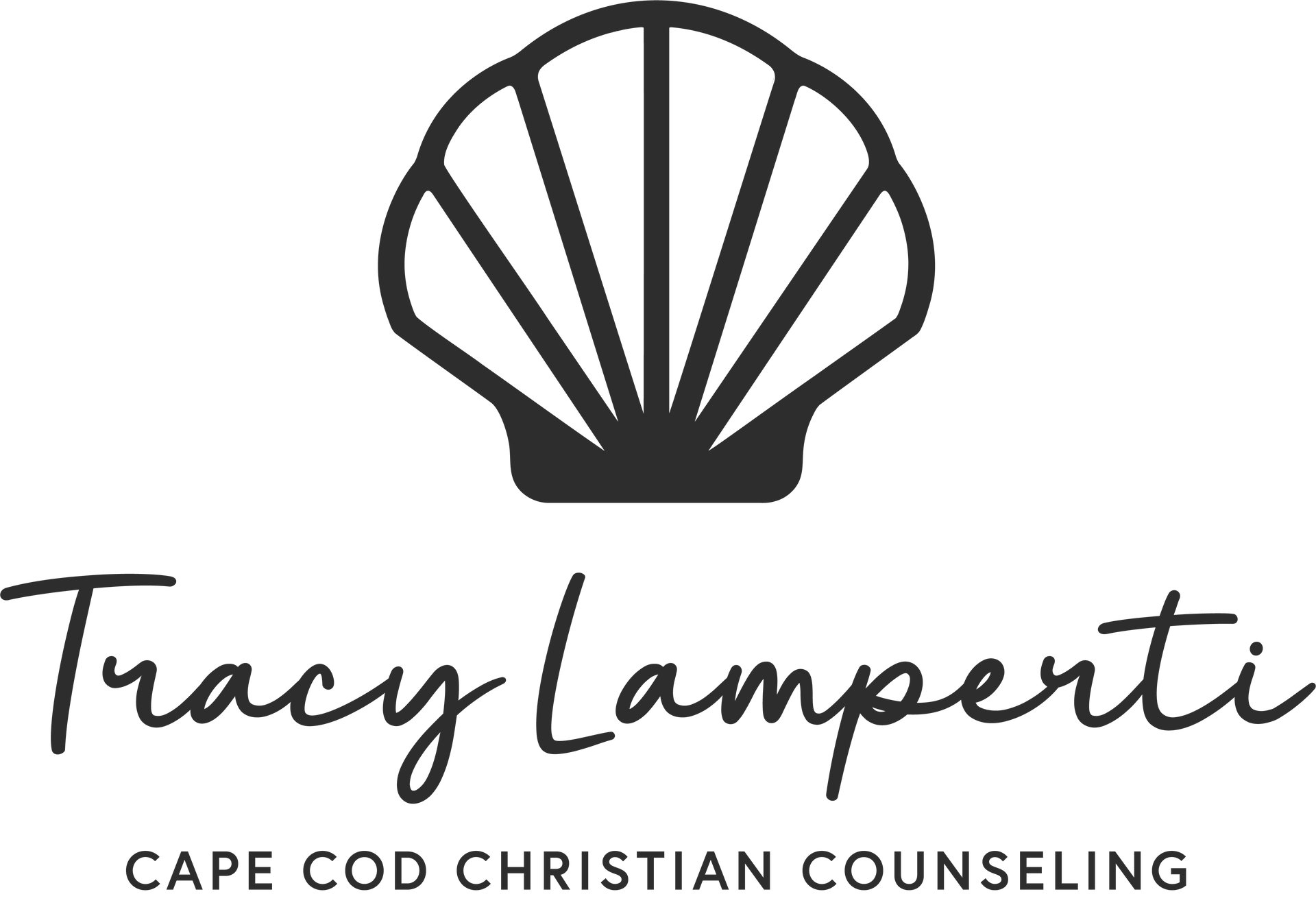Resource Library
This Resource Library is here to give you tools for encouragement, healing, and growth. Many of these PDFs are free to download, while others are available for purchase. Each resource is designed to guide you through challenges, offer fresh perspectives, and give you practical steps you can take at your own pace.
Because these worksheets and guides invite you to reflect on personal challenges, they may bring up a range of emotions. At times you might feel uncomfortable, unsettled, or tearful as you explore your thoughts and experiences. If those feelings become too heavy—such as feeling stuck, hopeless, or unsure of your ability to cope—please pause and reach out to a trusted friend, family member, pastor, or mental health professional for support. You do not have to navigate these struggles alone.
By submitting a form, you’ll receive occasional emails with resources and updates. You can unsubscribe anytime, and we’ll never share your information.
Power to Pause
The Power to Pause worksheet helps you create space between a trigger and your response, so you can respond with intention.
Love & Belonging
The Love and Belonging worksheet helps you reflect on your relationships and sense of connection. You'll explore how supported, accepted, and connected you feel — and take steps to strengthen meaningful relationships and social confidence.
Distress Scales
The Physical, Emotional and Sleep Distress Scales help you track and describe your pain on a 0–10 scale, from no pain to unbearable. By checking in regularly, you can better understand how pain impacts your daily life and when additional support or care might be needed.
Bids for Connection
Based on Dr. John Gottman’s concept of “bids for connection,” this worksheet helps you reflect on moments when your efforts to connect may go unnoticed, unappreciated or unreciprocated. You’ll gain insight into your relationship patterns—and begin identifying where you need more support, clearer boundaries, or mutual care.
Narrative Therapy
The Narrative Therapy Self-Assessment, based on the work of Michael White and David Epston, helps you reflect on the stories you tell about yourself and how they shape your identity. Through self assessment and reflection, you’ll gain insight into your narratives and discover opportunities to re-author your story in ways that highlight strength, hope, and possibility.
Handling Conflicts With Integrity
The Handling Conflicts steps outlined here, helps you navigate disagreements with clarity, respect, and purpose. Through guided reflection and practical steps, you’ll learn to pause, respond thoughtfully, and maintain connection, turning conflicts into opportunities for understanding, problem-solving, and deepening trust in your relationships.
Victim Mindset
The Victim Mindset Self-Assessment helps you identify thought patterns, beliefs, and behaviors that may be keeping you stuck. Through scoring and reflection, you’ll gain insight into areas where you can shift from helplessness to empowerment.
Household Family Responsibility
The Family Chore & Responsibility List helps families share the work of running a household in a fair, age-appropriate, and collaborative way. By talking through who does what and making space for everyone to contribute, families can build responsibility, strengthen teamwork, and create a more balanced and connected home.
Youth Independence
Youth Preparation for Independence supports teens in building the real-life skills they need to thrive on their own—while strengthening family relationships through shared learning, open communication, and encouragement. This tool helps prepare young people for adulthood with confidence and care.
A Credo for My Relationships with Others
©1964, 1978 Gordon Training International
"A Credo for My Relationships with Others” by Dr. Thomas Gordon (© 1964, 1978 Gordon Training International)* emphasizes open communication, mutual understanding, and collaborative problem-solving—so both people can meet their needs with care, compassion and respect.
*Shared with permission from
The Gordon Training International.
Loop Box Breathing
The Loop Box Breathing Practice helps you calm your body and mind through a steady rhythm of inhaling, holding, exhaling, and pausing. Rooted in both mindfulness and Scripture, this exercise invites you to release stress and anxiety while drawing in God’s peace. Through focused breathing and reflection, you’ll strengthen resilience, deepen spiritual connection, and cultivate calm in everyday life.
Making Sense
The Making Sense Self-Assessment helps you pause and untangle what happened from what you felt and thought about it. Through guided reflection, you’ll gain clarity, recognize patterns in your reactions, and practice responding from a grounded, empowered place instead of reacting automatically.
Progressive Muscle Relaxation
The Progressive Muscle Relaxation Practice helps you release stress by systematically tensing and relaxing different muscle groups. Through guided steps, you’ll notice the contrast between tension and ease, calm your nervous system, and bring your body into a deeper state of rest and relaxation.
TIPP
The TIPP Skills Self-Assessment helps you practice fast-acting strategies from Dialectical Behavior Therapy (DBT), developed by Dr. Marsha M. Linehan. By shifting Temperature, engaging in Intense exercise, practicing Paced breathing, and using Progressive muscle relaxation, you’ll learn how to regulate emotions more effectively, reset your system, and return to a calmer state of mind.
Daily Marriage Practices
The Daily Practices to Keep Your Marriage Bond Strong offers nine actionable pillars to nurture connection, trust, and joy in your relationship. Through simple, faith-centered habits—like mindful listening, shared prayer, acts of love, and moments of celebration—you’ll strengthen your bond, deepen emotional and spiritual intimacy, and build a marriage that endures with grace and intention.

